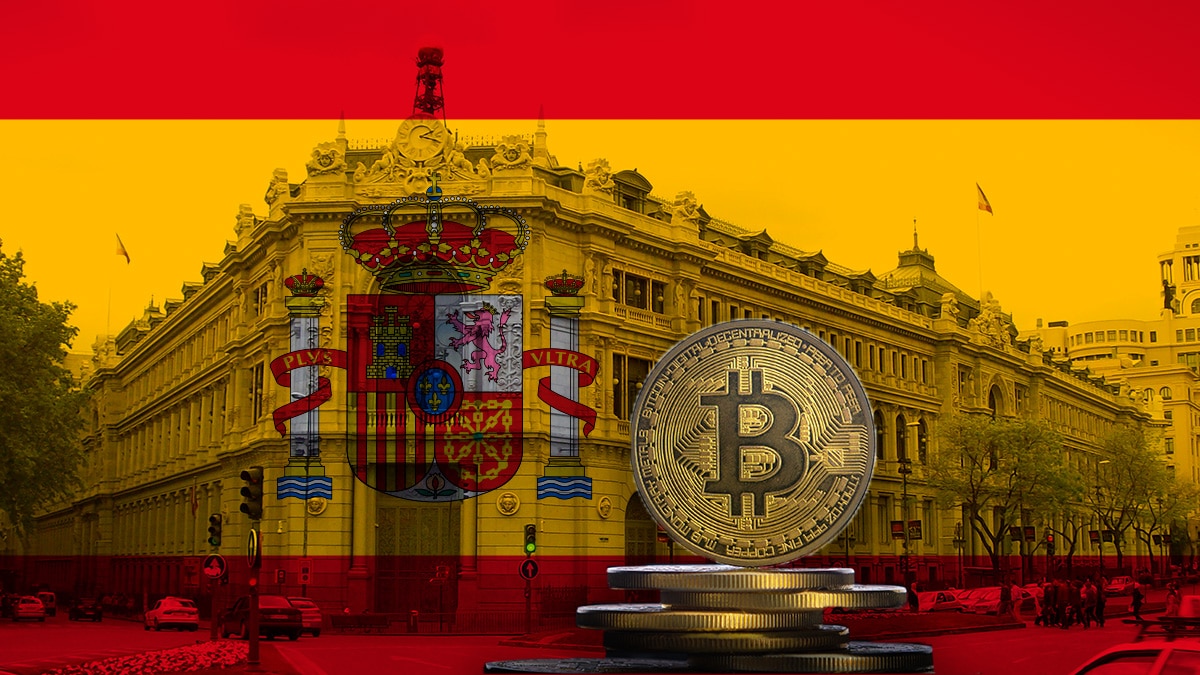So far, 128 cryptocurrency companies have authorization to operate in Spain.
Several companies have expressed difficulties in adapting to MiCA.
On January 1, the regulations to regulate cryptocurrency platforms operating in Spain will come into force. A series of rules that will be applied in the country, based on what is established in the Regulation for the Cryptoasset Market (MiCA) approved in the European Union (EU).
According to the data shown supplier registration of services of the Bank of Spain (BDE), so far in 2024, some 37 service providers have registered with bitcoin (BTC) and other cryptocurrencies, for a total of 128 companies authorized to operate in the Iberian country.
Taking into account the number of authorizations that were granted last year, it can be considered that the registry is moving at a more or less stable pace, although It is a low amount in relation to 2022, when the process was opened and authorization was given to more than 50 companies.
However, if one considers that there are only two and a half months left for the new regulation to come into force, it can be said that Authorizations are proceeding at a slow pace.
Enrollments alone have increased by almost 8% since last August. This means that there would still be many service providers yet to register, since – according to the figures revealed by Jesús Pérezfounder of Crypto Plaza–by 2023 there would already be more than 200 companies related to cryptocurrencies operating in Spain.
In that sense, it is expected that registration applications will accelerate in the coming months, as it is a fundamental requirement to continue operating both in Spain and in the rest of the EU. This is what the new regulation establishes, registration with the Bank of Spain being a mandatory condition. This body, together with the National Securities Market Commission (CNMV), was appointed by the government to supervise the sector.
As indicated in the most recent BDE update, most of the companies accepted so far are based in cities in Spain, with a few that declare having their base of operations in countries such as Cyprus, Italy, Malta, Austria, Lithuania, Estonia , Slovakia, Ireland and the Netherlands.
Among the authorized ones, the cryptocurrency exchanges Bitpanda, Bit2Me, BitBase, Onyze and Binance España, as well as Crypto.com, stand out. Some web3 companies and technology developers are also on the list, such as Vottun; along with some companies that offer cryptoasset custody services, such as Prosegur.
All these companies have complied with the series of requirements requested by the BDEwhich includes the delivery and certification of extensive documentation electronically, which involves a series of phases to complete the registration.
The idea of many is to take advantage of the 12-month vesting period, which will start in January, during which authorized and unauthorized firms will “operate at the same time.” However, Spain is among the countries with the greatest challenges in adjusting to MICA, as stated by CNMV spokespersons.
As CriptoNoticias reported last May, both regulators, exchanges and other providers have been forced to hire additional staff to adapt to MiCA. This, as a way to accelerate processes that are proving complex.
There are difficulties across the EU in adapting to MiCA
Like other European territories, Spain’s regulators must work with the European Securities and Markets Authority (ESMA) and the European Banking Authority (EBA). However, the persistence of many doubts about compliance is causing difficulties for companies to complete registration, throughout the region.
This is reflected in a survey launched by the consulting firm Acuit, which is investigating the impact of MiCA. To do this, he consults with executives from more than 70 companies, including exchanges, hedge funds and trading companies in the cryptocurrency market.
The results indicate that only 9% of cryptocurrency platforms, including those of Spainare prepared to comply with the regulations. A quarter of them say they are just in the preparation phase, and a third believe they are advanced and more than 25% have done nothing.

Precisely, most of the doubts revolve around licensing that must be requested from the authorities. There is uncertainty among some firms that do not know whether or not they are subject to MiCA. Many hedge funds, proprietary trading firms, and asset managers think they do not have to comply with this law.
Concerns are also present in the competent authorities of the 27 countries of the eurozone, since in many of them progress is just beginning. in the transposition of the rules Mica to their respective regulations.
All this is happening at the same time that the EU supervisory bodies constantly urge companies to define their regulatory status promptly and follow compliance measures. The calls are increasing as the regulation’s implementation deadline approaches later this year.






Leave a Reply